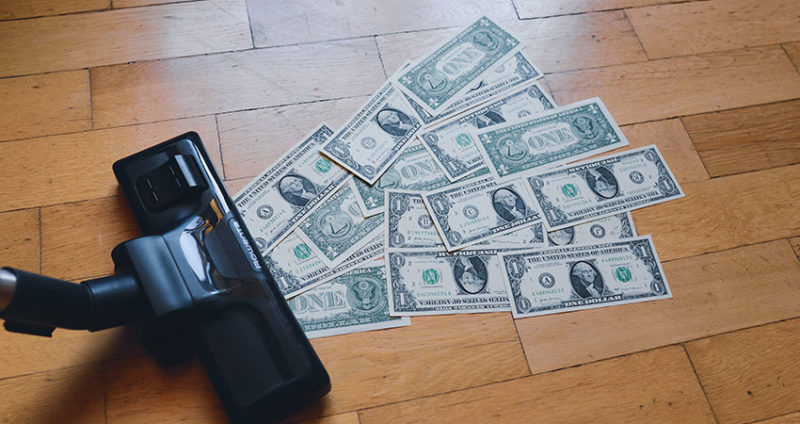Inflation Fears Outpace COVID, Drive Desire for BNPL Expansion
Multichannel Merchant
 Fears of inflation eating away at household incomes continues to run ahead of lingering concerns over COVID-19 infection as its effects wane, according to a May trend report from 84.51˚, the consumer data and analytics arm of major grocer Kroger.
Fears of inflation eating away at household incomes continues to run ahead of lingering concerns over COVID-19 infection as its effects wane, according to a May trend report from 84.51˚, the consumer data and analytics arm of major grocer Kroger.
Nagging concerns over inflation are also causing more consumers to desire an expansion of buy now pay later (BNPL) options beyond product purchases to services such as dental work and car and home repairs, a Harris poll commissioned by Sunbit found.
According to an early May survey of 400 Kroger customers, 68% said there were “highly concerned” with inflation this month, compared with 22% for COVID-19. Back in February, the latter figure was 42%, to 62% for inflation. The rate of inflation is running at 8.3% as of the end of April, nearly double from a year ago, according to the U.S. Department of Labor.
The concern over spiking inflation hit consumers across the range of price sensitivity, the survey found. Over half (56%) of those at the low end of price sensitivity still expressed worry about the impact, compared to 63% of those in the medium range and 77% of those in the high range.
Further, 77% of those surveyed also said their inflation concern was high, and 88% said they were changing their shopping habits as a result. Sixty-two percent said they were looking for sales and coupons more often, up from 59% last month, and 58% said they were cutting back on non-essential food items, up from 56%.
Barbara Connors, VP of Commercial Insights at 84.51˚, said some other observations from the May data are that shoppers are cutting back on the number of items purchased per trip, but still want to stick with their brands.
“In April, 51% of shoppers said they had switched to a lower-cost brand more often, and were willing to trade down to get the same item,” Connors said. “In May, that figure went down to 45%. We are still seeing brand switching, but that does signal people want to buy the brand they like.”
Connors said this pointed out the urgency of brands to increase their focus on personalization and targeting tools to deliver coupons and offers. “Then you can keep those customers buying even when they have a constrained budget,” she said.
One thing that has remained consistent, according to 84.51˚, is that consumers desire to continue with e-grocery ordering, either store pickup or home delivery. Just 18% of those surveyed said in April it was a behavior they had changed due to fees and inflation, which fell to 16% in May. It was the behavior change with the lowest response rate.
“The stickiness of ecommerce and convenience is there, even as concerns over inflation increase,” Connors said. “If you look at the inflation effect, 88% of shoppers said they changed some habits, but those looking for more coupons and offers is nearly four times as high as those who cut back on ecommerce due to fees. That tells us that they’re willing to make tradeoffs in other places first.”
In a related area, stress over inflation is fueling increasing interest on the part of consumers in BNPL for services it has not traditionally touched, according to the Harris poll of 2,000 consumers. Sixty-nine percent of those surveyed said they’d like to see BNPL extended to things like car and home repairs and dental care.
Nearly 70% of those surveyed said they had delayed necessary purchases because of inflation and rising gas prices. Also, consumers appear to be looking at a grim economic outlook in the near term, with half saying they plan to finance a necessary service over the next six months.

